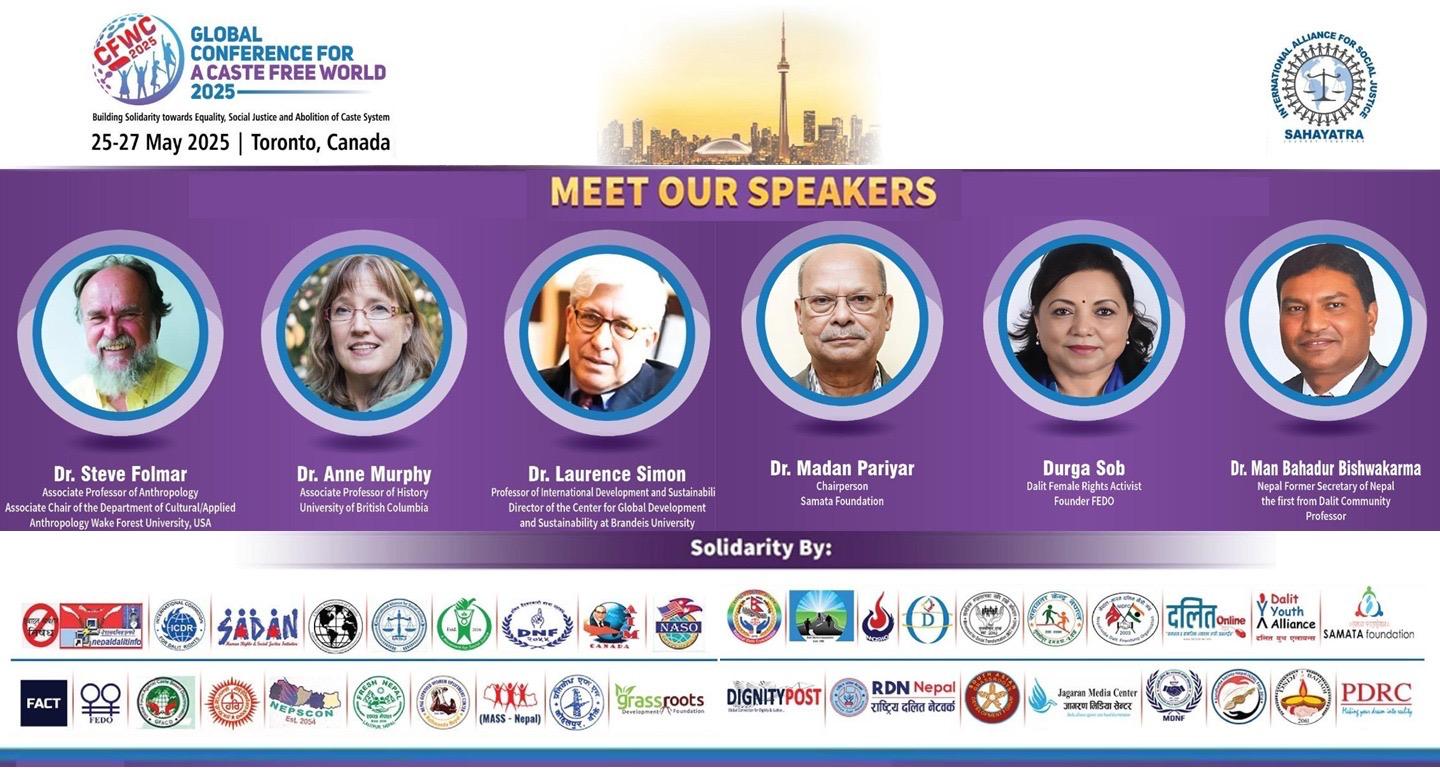US Homeland Security study claims Sunlight can kill coronavirus ‘within minutes’,
April 24, 2020

London — The US Department of Homeland Security claims to have carried out research that shows that high humidity, temperatures and sunlight can kill the virus on both surfaces and in the air.
Bleach and sunlight can both kill the new coronavirus on surfaces outside the body, a federal official said Thursday at the daily White House briefing.
But that simple scientific summary quickly turned into a puzzling brainstorm by President Donald Trump about how to treat Covid-19 patients, from injecting disinfectants — a dangerous prospect that could be fatal — and possibly streaming light into the body.
Here’s what was said — and what science really tells us about safely killing viruses, CNN writes.
Tests also have shown the virus in droplets of saliva survives best indoors and in dry conditions, Bryan said.
“The virus dies the quickest in the presence of direct sunlight under these conditions,” he said. “Our most striking observation to date is the powerful effect that solar light appears to have on killing the virus, both surfaces and in the air.”
Temperature and humidity also affect how long the virus survives, he said.
Bryan called the finding “another weapon in the fight that we can add to it and in the summer.” But he added: “It would be irresponsible for us to say that we feel the summer will totally kill the virus. We have an opportunity, though, to get ahead with what we know now and factor that into the decision-making.”, CNN reports.
What does WHO say?
As for sunlight and heat, “exposing yourself to the sun or to temperatures higher than 25C (77F) degrees DOES NOT prevent the coronavirus disease,” WHO says on its website. “You can catch COVID-19, no matter how sunny or hot the weather is. Countries with hot weather have reported cases of COVID-19.”
It also warns against using ultraviolet lamps, including tanning lamps, to try to kill virus. “UV lamps should not be used to sterilize hands or other areas of skin as UV radiation can cause skin irritation,” WHO cautions.

















Facebook Comments